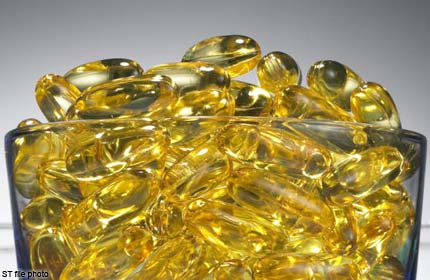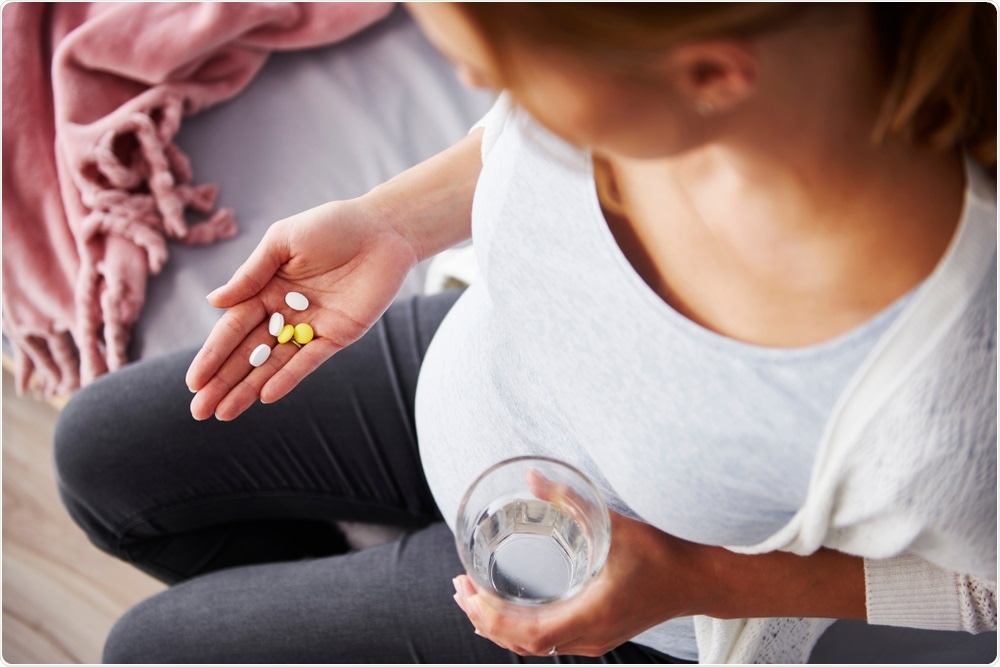DavosLife E3 Bio-Enhanced 20 is a patented self-emulsifying vitamin delivery system. This formulation contains the complete spectrum of Toco-trienols with α-Tocopherol and offers 46% higher bioavailability compared to a market sample. A higher bioavailability leads to a higher concentration of Vitamin E in the body, maximising the benefits of neutralising free radicals and reducing chronic inflammation. Tocotrienols are up to 60 times stronger in antioxidant activity compared to α-Tocopherol with unique anti-inflammatory properties.









